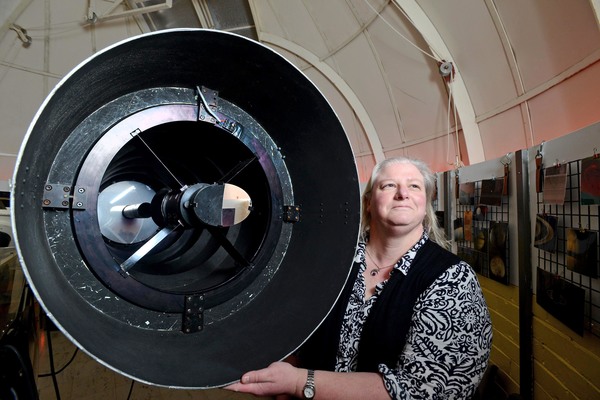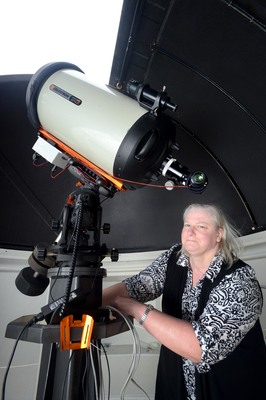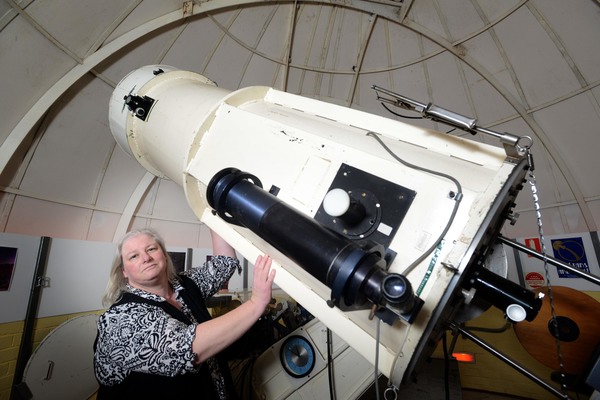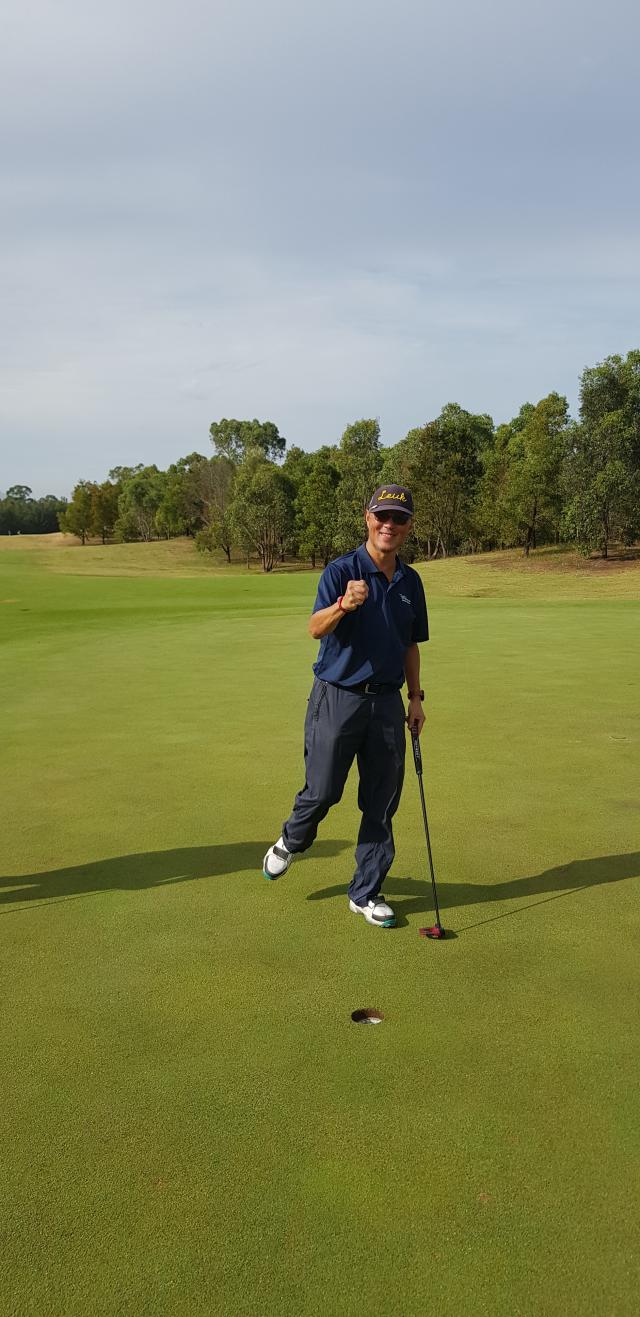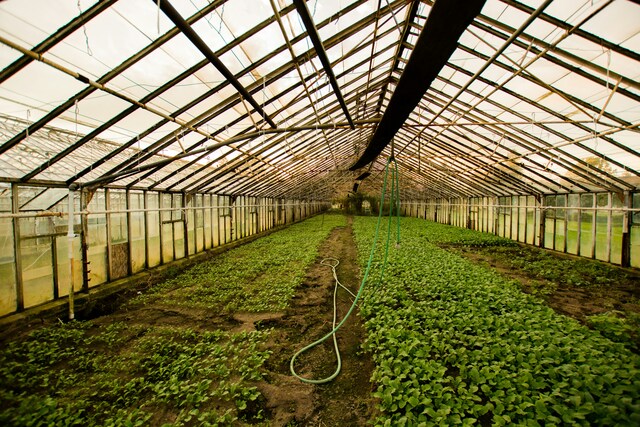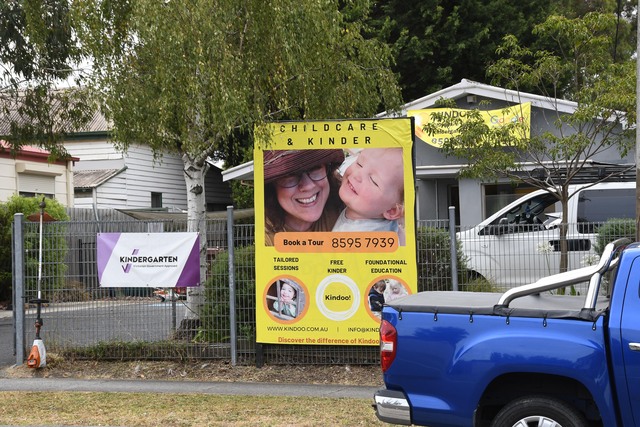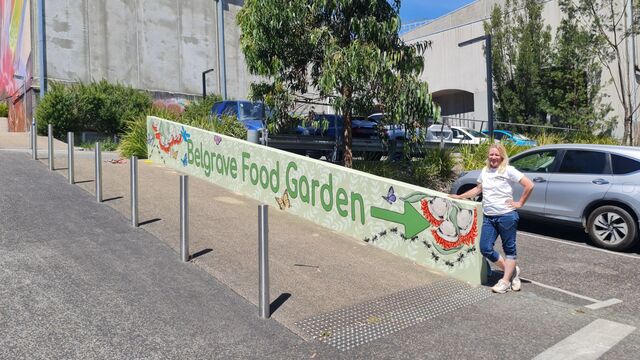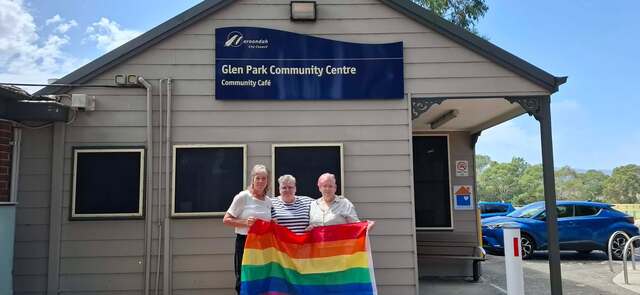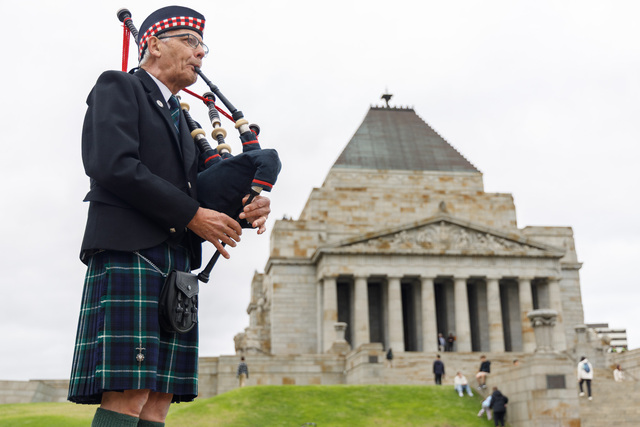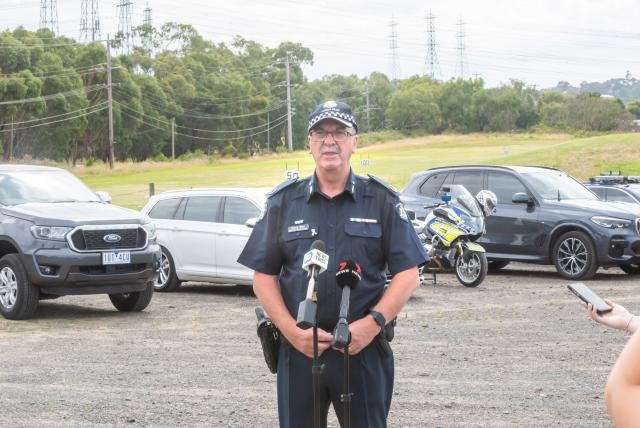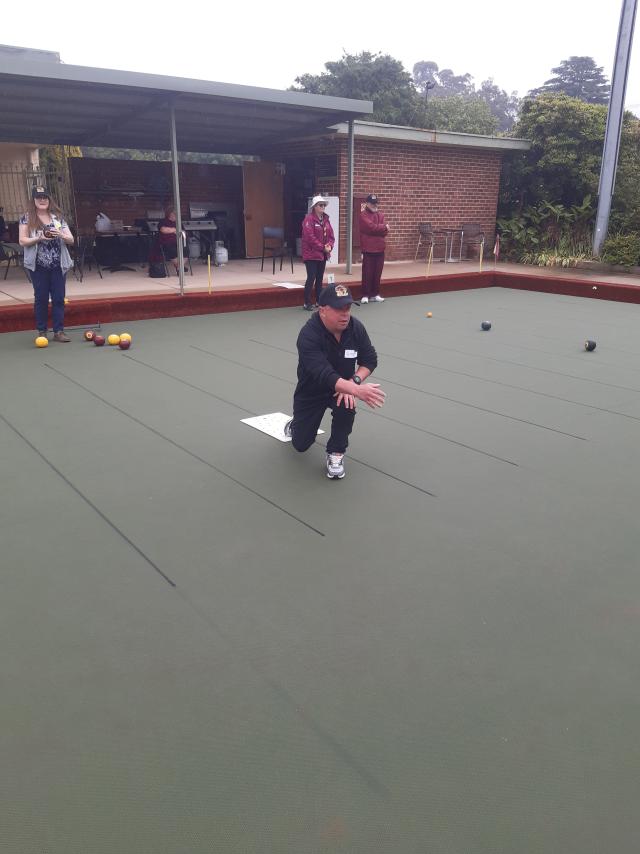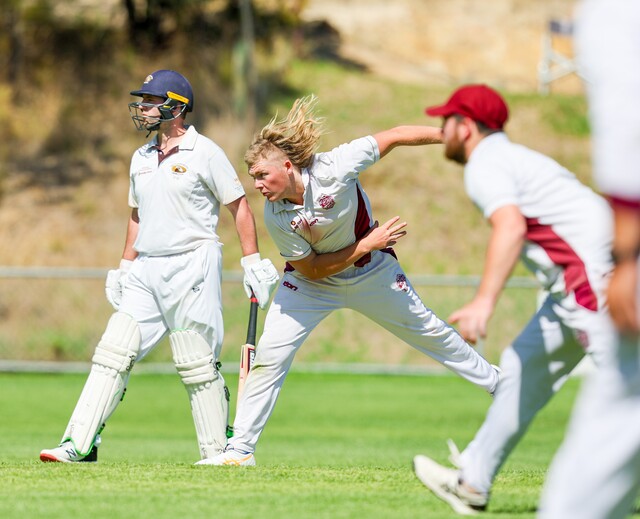It used to be that you needed to discover something in space if you wanted the thrill of naming it, but a new competition is ensuring astronomers don’t get to have all the fun.
The International Astronomical Union (IAU) – the group officially responsible for naming celestial bodies – recently announced the IAU100 NameExoWorlds competition, which gives every country on Earth the opportunity to name one exoplanet and its host star.
The Australian competition is being co-ordinated by Mount Burnett Observatory.
Speaking to the Mail, Mount Burnett Observatory President James Murray explained that it’s not just any old star/exoplanet pairing either: the celestial bodies that Australians get to name were discovered by Australians and can be easily seen by using a small telescope.
“The star chosen for Australia to name is currently known by its catalogue number HD 38283,” Mr Murray said.
“It is a 7th magnitude yellow-white dwarf star in the constellation of Mensa, the Table Mountain. At that magnitude, this star is not visible to the unaided eye.”
“Mensa contains part of the Large Magellanic Cloud (LMC) within its boundaries, which is the largest satellite galaxy to our own Milky Way, but HD 38283 is definitely within the Milky Way, lying only 125 light years away.”
“The interesting thing about this system is that the planet was discovered by an Australian led team using an Australian telescope, so there is that link.”
The exoplanet, currently designated HD 38283b, is a gas giant type planet with 0.4 times the mass of Jupiter.
It orbits the star at roughly the same distance as the Earth does the sun.
Although many companies offer the opportunity to name a star, if you read the fine print they say that astronomers do not officially recognise the name of the star you just purchased.
That is not the case for HD 38283, and whichever name is chosen will be recognised officially by astronomers all around the world.
Mr Murray said the name had to be reflective of Australia and promoted indigenous names.
“We’re asking people to have a bit of a think about something that is reflective of Australian society and multiculturalism.”
“People from all over of the world can see this star, so it’s a name that should reflect Australia.”
“Since it is also the International Year of Indigenous Languages, speakers of Australian Indigenous languages are encouraged to submit names.”
Anyone, anywhere in Australia can submit a name, though there are some rules.
Entries can be submitted from now until mid-September at the website: https://name-exoplanet.net.au/.
There will then be a public vote to decide the final winning names.

